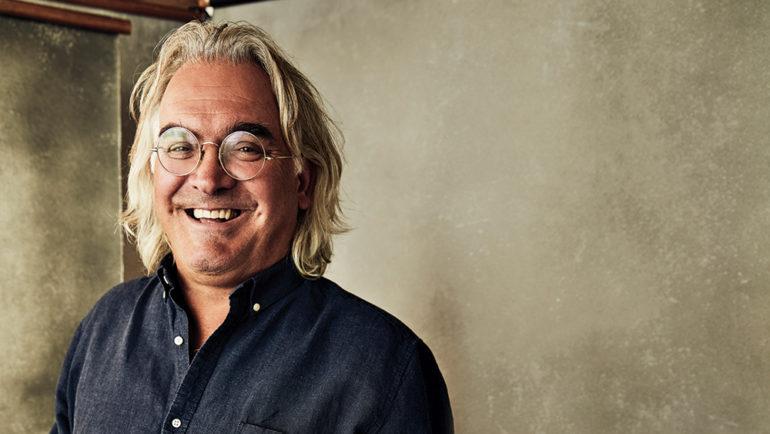Paul Greengrass on Why the Tragedy Depicted in ‘22 July’ Was So Significant
By Tim Gray
LOS ANGELES (Variety.com) – Paul Greengrass wrote and directed “,” which explores the aftermath of a mass killing near Oslo in 2011. After steering three Jason Bourne movies that collectively earned $1.15 billion, he talks about why the 2011 tragedy — in which a far-right radical killed 77 people to protest multicultural thinking — was significant.
Some people are nervous about seeing the film due to the subject matter.
I understand that reaction and sympathize. It comes down to where we are in the world. Something is happening, and it’s scaring the bejesus out of me. You can see it in every single country. We are becoming unmoored. Do you know “The Second Coming,” the W.B. Yeats poem? “Things fall apart; the center cannot hold.” He wrote that 100 years ago. Don’t we all feel we are living in unprecedented times? Every generation thinks that.
People were similarly nervous about your 2006 “United 93.”
I don’t believe “United 93” was a nihilistic film. People have told me it was tremendously inspiring. I think that’s true of [“22 July”] as well. I have never made a film that’s nihilistic or bleak or without hope. If we look at the world today, we have significant challenges. But there is always hope. That’s what this film is about.
Didn’t you consider doing a film on immigration?
Yes, but immigration is part of a much larger problem. The issue is globalization. It’s part of the huge technical changes that are tearing at the fabric of democracy. It’s leading to tremendous “winners,” the so-called elites, while other people feel they don’t see the benefits of globalization. That’s a very profound feeling.
The killer in your film, as in real life, felt his actions would inspire others.
The world is under attack. I’m not talking just about America and Britain. It’s everywhere. There is a cocktail of economic problems. Automation is leading to widespread job insecurity; globalization is leading to stagnant wages. Against a backdrop of economic crisis, the world started heading toward protectionism and national rivalries. It’s important to be clear: This is not about left or right in politics, conservative or liberal. That’s not what we’re talking about here. This is something beyond the democratic norm.
But your film indicates that there is indeed hope.
Where are we going to be in five years? Do we feel quietly confident it will be fine? Maybe we’re in a skid, and we’ll once again get traction in the wheels, and growth will return. I think it will happen; young people will drive it.

